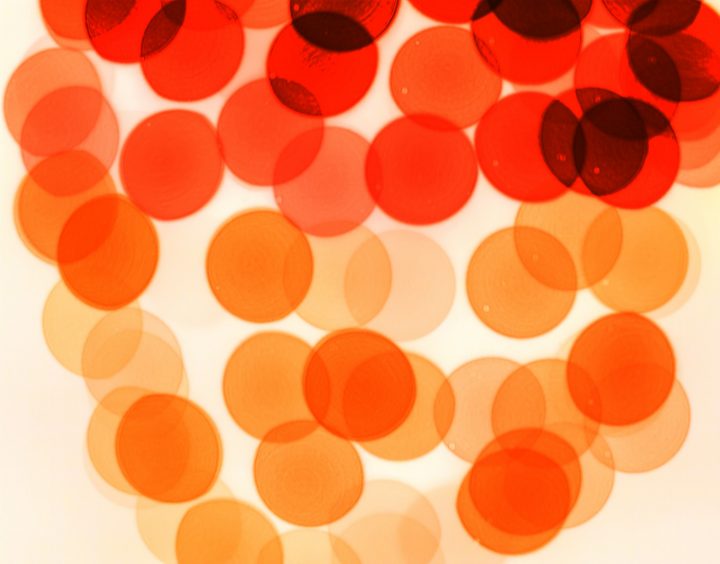Where We Are Now in Hemophilia Care
Written by |

It’s not easy to live with hemophilia in the Philippines. When we hear stories of hemophilia care around the world, it’s hard not to feel envious of hemophiliacs outside of our country who receive proper healthcare and can live a normal life. In this column, I will tackle the issue of hemophilia care in the Philippines — what we have and can use to stay healthy and become near to fully functioning individuals.
I’m sorry to say that a large part of my early childhood wasn’t filled with rainbows and butterflies. When I was a toddler, my parents found it odd that I always had bruises on my body. At that time, they weren’t aware that I had hemophilia, and they attributed these bruises to family members being too rough with me. My parents even asked one of our helpers to leave because they thought that they were abusing me. However, I continued to bruise, leaving my parents scratching their heads.
I have clear memories of the tough road we traveled to get an accurate diagnosis. My parents brought me from doctor to doctor trying to figure out what I had. I was diagnosed with a form of pediatric arthritis and even tuberculosis of the brain. I had test after test. I cried so much and wondered why I was being treated like a lab rat. At that time — the 1990s — hemophilia was still a mystery for many doctors here in the Philippines. I was finally diagnosed with hemophilia when one of the doctors suggested we go to a hematologist. That’s when they discovered that I had severe hemophilia type B.
Since then, hemophilia care has improved in the Philippines. Thanks to organizations like HAPLOS, more doctors and individuals are aware of this illness. But considering that it’s a pretty rare bleeding disorder, it’s still somewhat under the radar.
Our community relies almost exclusively on overseas donations of factor concentrates. Often, in the absence of factor, many of us still rely on cryoprecipitate, cryosupernatant, and fresh frozen plasma as our main form of treatment for episodes of internal bleeding.
The latter are considered alternative and not optimal forms of treatment for hemophilia. However, we are thankful that in recent years, more aid has been coming in the country. I’m only speaking for hemophiliacs in the more developed areas of the Philippines, particularly in the capital city, Manila. I have met with many other patients in rural areas, including the Visayas and Mindanao regions, where the quality of healthcare and the experience of medical professionals is still lacking. Many of these hemophiliacs and their families also live in poverty, which makes access to quality healthcare even more complicated.
The hemophilia community here dreams of more hemophilia treatment centers and the possibility for prophylaxis. We hope that hemophilia will soon be included in the official list of chronic illnesses. We have a long way to go, but awareness about the disease is growing slowly.
Stories of hemophiliacs who live normal lives because of access to quality healthcare serve as an inspiration for us. We hope that hemophiliacs in the Philippines obtain better healthcare benefits and government recognition so that our community can be more empowered, uplifted, and become more effective individuals.
***
Note: Hemophilia News Today is strictly a news and information website about the disease. It does not provide medical advice, diagnosis, or treatment. This content is not intended to be a substitute for professional medical advice, diagnosis, or treatment. Always seek the advice of your physician or another qualified health provider with any questions you may have regarding a medical condition. Never disregard professional medical advice or delay in seeking it because of something you have read on this website. The opinions expressed in this column are not those of Hemophilia News Today or its parent company, Bionews Services, and are intended to spark discussion about issues pertaining to hemophilia.



Maydejan A. Cubol
Hello! My bestfriend's daughter had this unusual bleeding and had some bruises. She was admitted lately and was advised to have a Von Willebrand test. Where can we seek this kind of test?